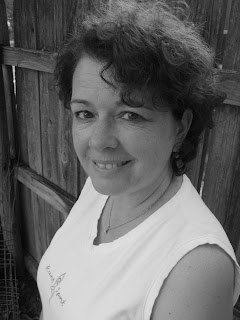
Sixteen years and nine months ago, upon the failure of Magic Johnson’s oft-promoted method for safe sex, I said to my husband, “You know what this means.”
Without missing a beat, he said, “We’re having another baby.”
We had decided that our family was complete. It was settled. I had even looked with derision on people who got pregnant unexpectedly, thinking, “What do you mean you don’t know how it happened? There is such a thing as birth control.”
But here we were. Number four. An astronomical number. An embarrassing number. Not even Pat’s Catholic relatives had this many children. Our relatives sighed or were reproachful. Friends looked upon us with sympathetic eyes.
At first I prayed that I wouldn’t really be pregnant, that our family would remain as it was, each child planned, then conceived, with scientific precision. But when the fears were confirmed, our hearts changed, and we welcomed this pregnancy as the others.
With that heart change came the thought that what had happened was possibly, if not really, an act of divine intervention from a good God who knew that we didn’t know what was best for us, but wanted to bless us anyway. It’s hard for me to say that because I don’t breezily slap the label of “God did it” on things that are basic cause and effect. People who have sex should expect to have babies. Birth control methods fail.
Other than the general acknowledgement that all babies are “planned” by God, I can’t say for sure that He actively sabotaged our birth control method, so that we’d have Joanna. What I do know is that we were stupid to not want another child, and had we more say in the matter, we wouldn’t have “allowed” an unplanned pregnancy, but are so glad our plans were overruled.
So, Joanna is our child of grace, the incarnation of blessing promised to people undeserving, undesiring, even unwilling. We don’t know what’s best for us, but God does, and will act in ways for our good even as we ignore or even spurn Him. “Forgive them; they don’t know what they’re doing,” said Jesus, as sublime a statement of our condition and His heart I know of. “While we were yet sinners, Christ died for us.” All action is from Him towards us, wave upon wave of inexhaustible, prolific, often unasked-for blessing.
Joanna is now a young lady, full of sweetness, affection, and compassion. She’s a happy soul, content with her lot, grateful for what at times have been scraps, yet always eager to push forward for what she wants and needs. Her teachable spirit puts me to shame. Literally every single day she has brightened and brought “more” to our lives.
We’re so glad she’s our “one who got through.”

